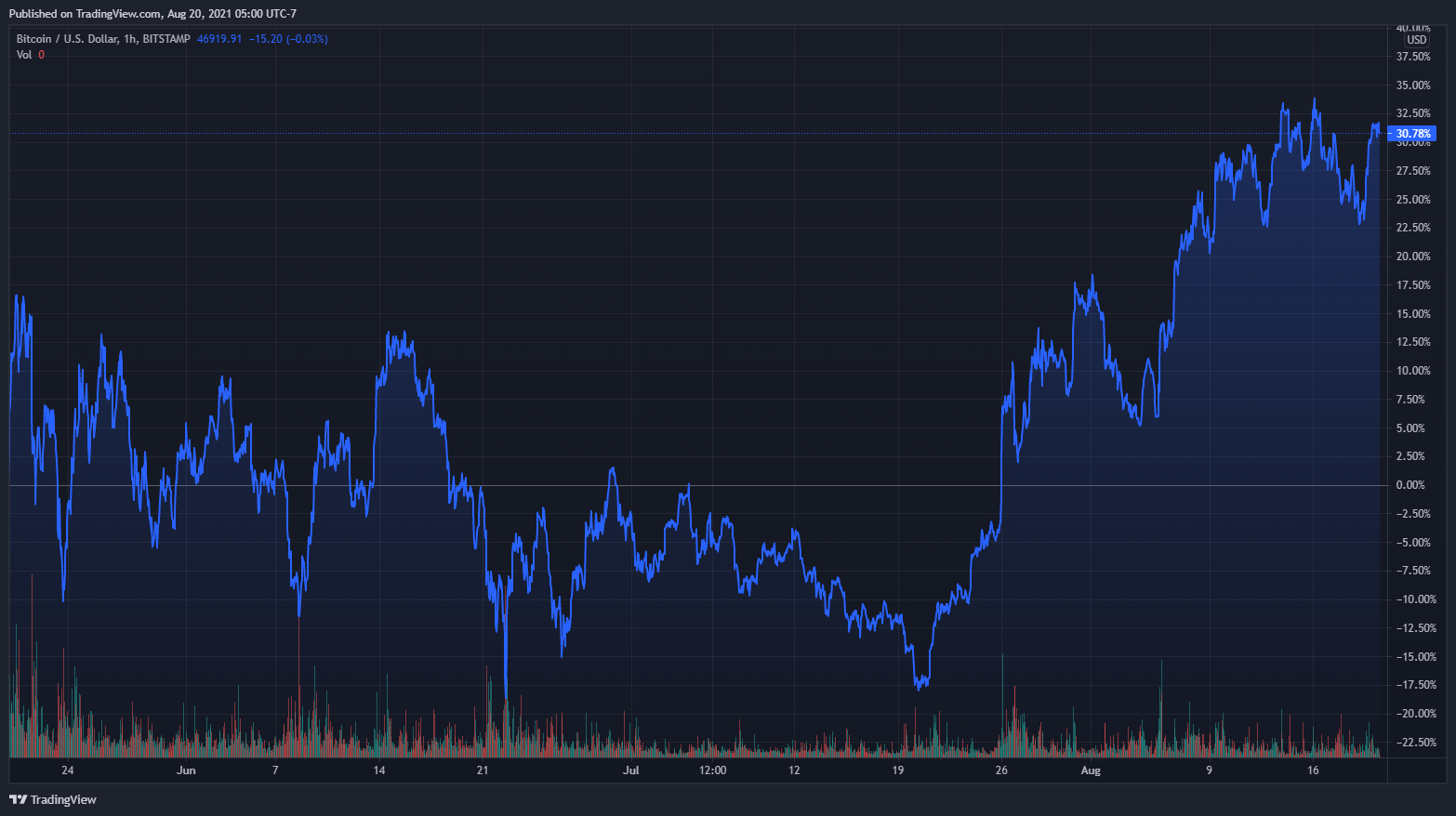
More than half of all crypto exchanges have weak or no ID verification
The highest number of exchanges defying regulatory norms are in Europe More than half of all exchanges worldwide have weak KYC identification protocols — with exchanges in Europe, the U.S. and U.K. among the worst offenders, according to a new study by blockchain analysis firm CipherTraceCipherTrace analyzed more than 800 decentralized, centralized, and automated market maker exchanges and found 56% of them did not follow KYC guidelines at all despite anti-money laundering (AML) regulations. The highest number of such exchanges are in Europe — a region renowned for stricter regulations.....
Related News
Governments have been increasing their efforts to regulate and monitor digital currency operations. Many global exchanges now require identification to register on their sites. With politicians currently forming blockchain research groups and crafting Bitcoin legislation, it’s safe to say regulatory actions will continue. Crypto-Exchanges With Little to....
The cryptocurrency industry in the Netherlands has won a small but significant battle. The country’s central bank has canceled some excessive verification procedures that it imposed on crypto service providers last fall. The move comes after a local exchange took the matter to court. DNB Takes a Step Back on Unlawful KYC Requirements De Nederlandsche Bank (DNB) has backpedaled on some recently enforced regulations regarding the crypto industry. In November 2020, the regulator instructed crypto platforms to obtain additional information from users as part of their know-your-customer....
More regulation is coming, and it will be costly, but compliance can also expand an exchange’s customer base. Crypto intelligence firm CipherTrace released a study on Oct. 1 reporting that more than half of the world’s cryptocurrency exchanges had deficient customer identification processes in place against money laundering. On the same day, the United States government announced that it had formally charged BitMex, a top virtual asset service provider, for “failing to implement required anti-money laundering procedures,” among other things.The two events, surely unrelated, nonetheless....
Will centralized exchanges continue to provide the regulated environments required for digital assets to evolve into the mainstream, or will the future belong to DEXs? Decentralized exchanges are undoubtedly an exciting development in crypto. DEXs facilitate the trading of cryptocurrencies directly between users, without the need for a trusted intermediary. This, in turn, allows users to keep custody of their funds.However, while DEXs have their advantages, they still lack in terms of regulations and scalability, which are key considerations that could determine the future trajectory of....
In light of recent regulatory crackdown and backlash, global crypto exchange Binance is beginning to crack down on its customer verification requirements across its platform. More specifically, the exchange is restricting its once lenient know-your-customer (KYC) requirements. Effective immediately, new customers wanting to use Binance’s services are required to complete the platform’s intermediate verification processes, […]





